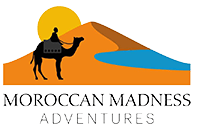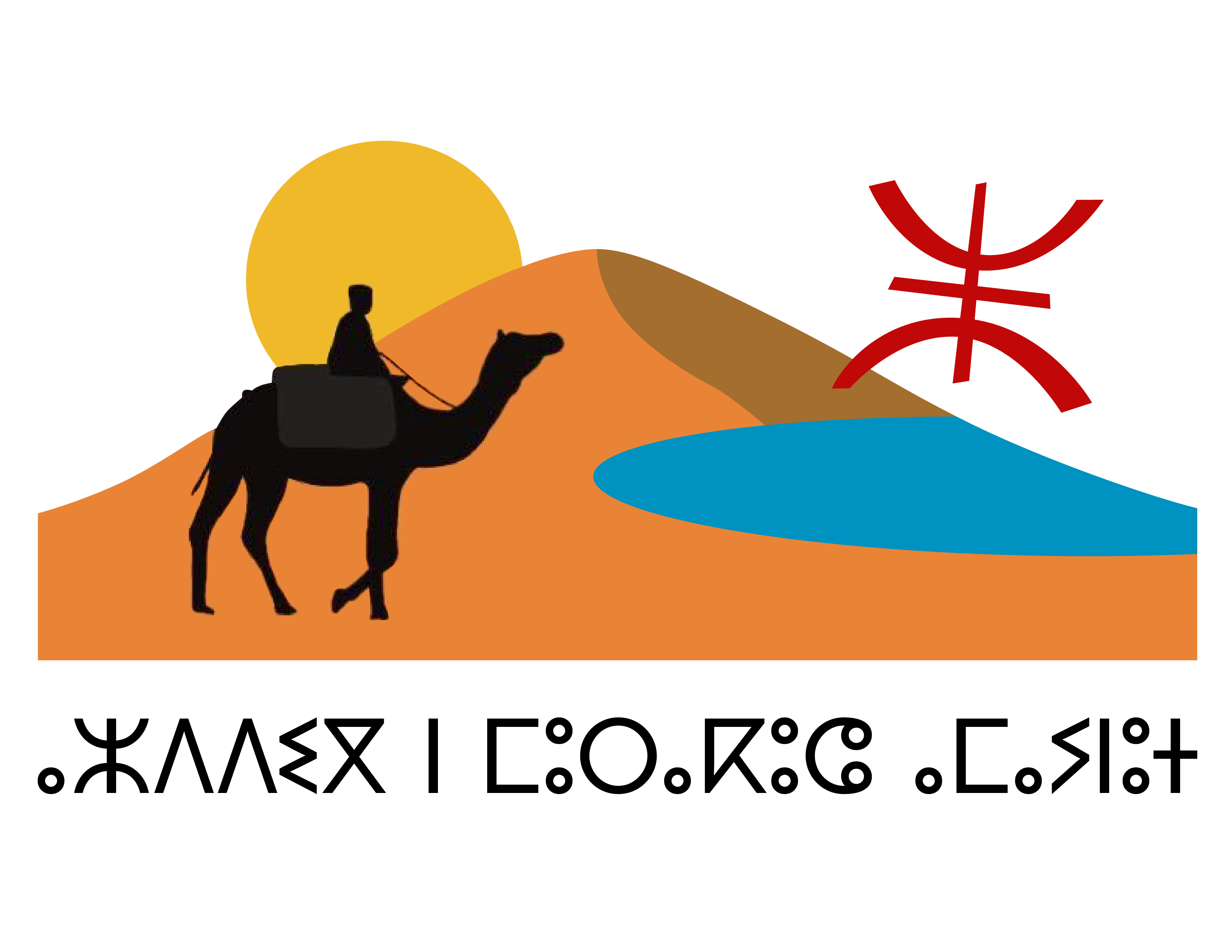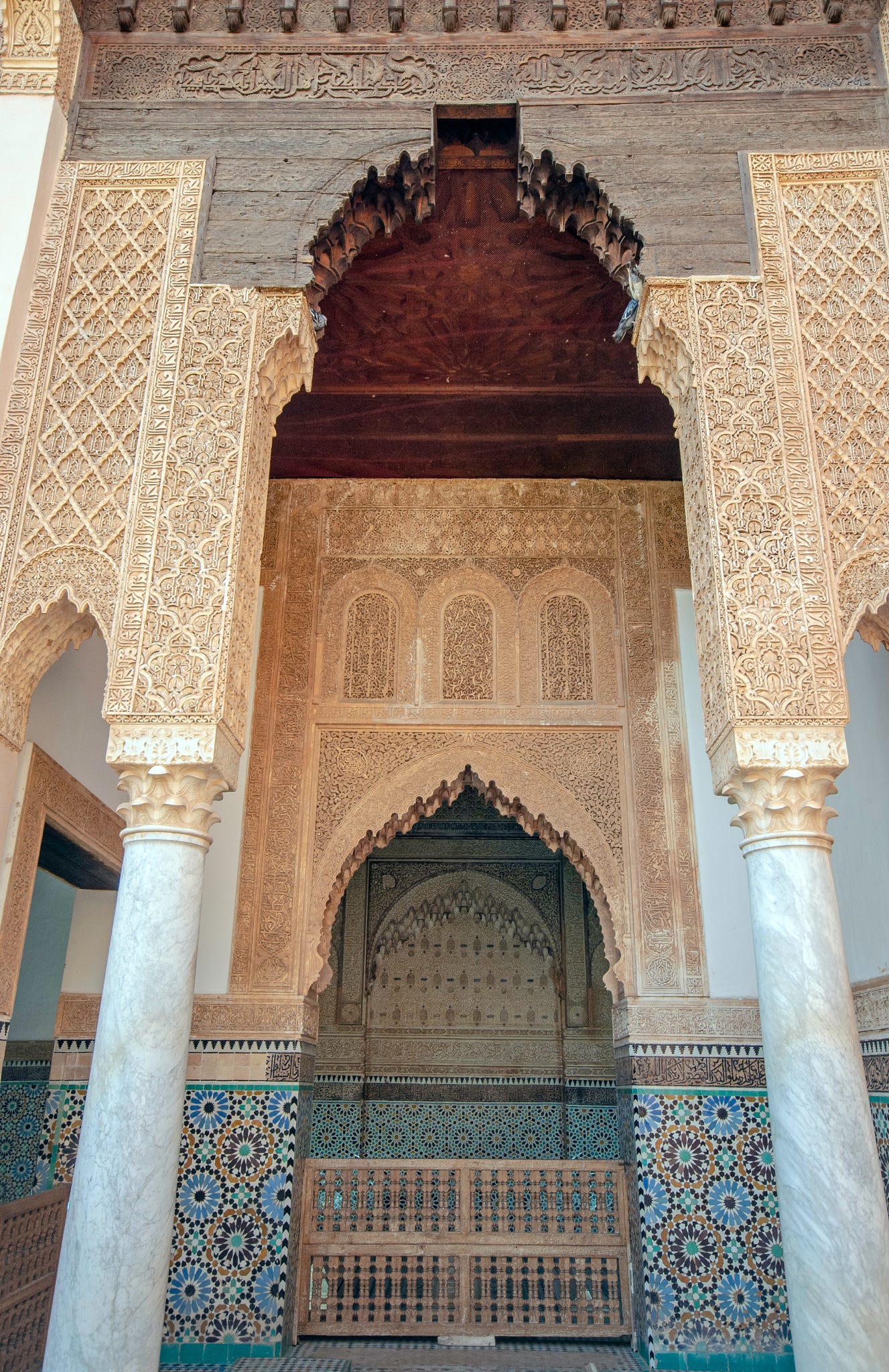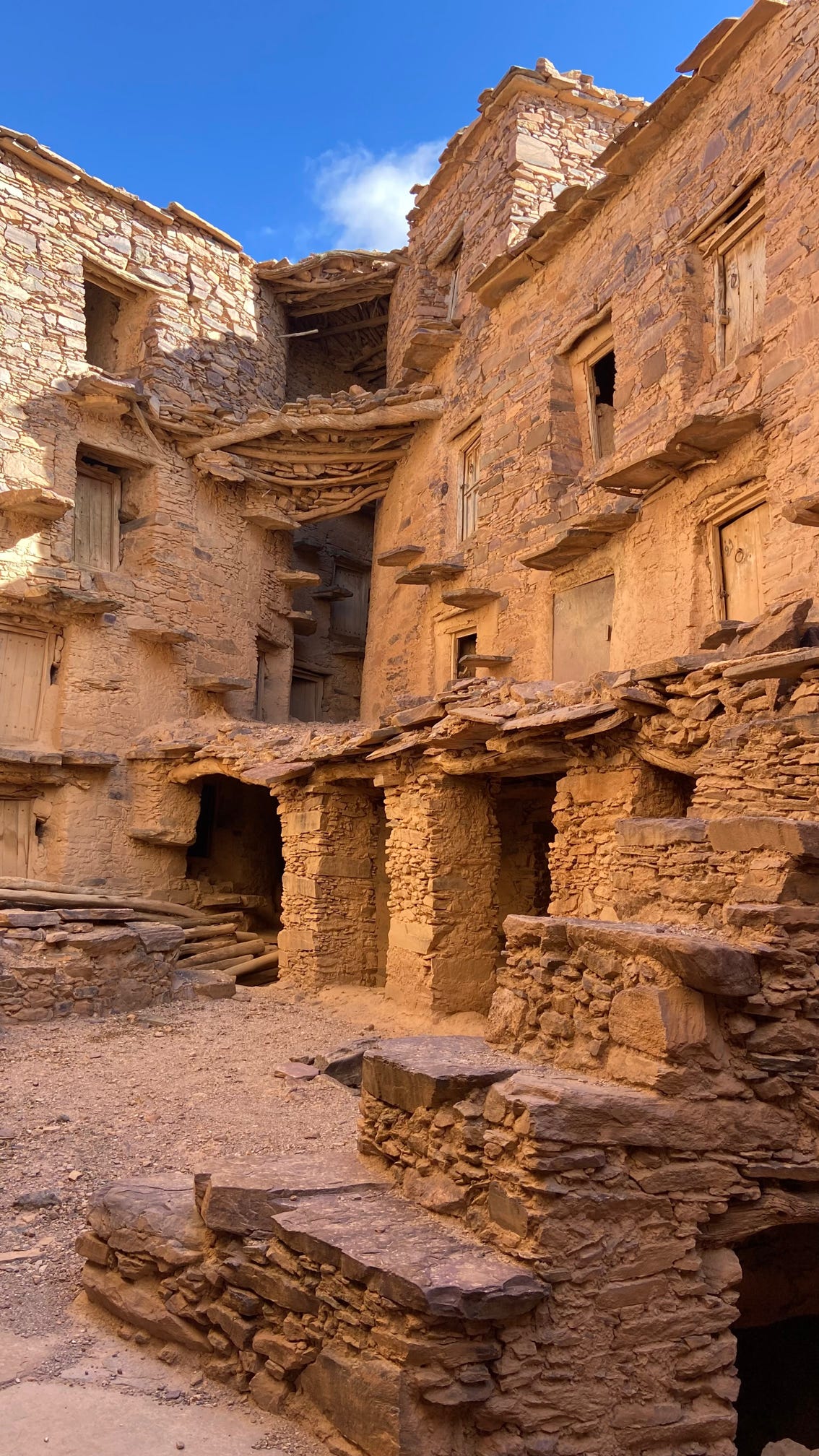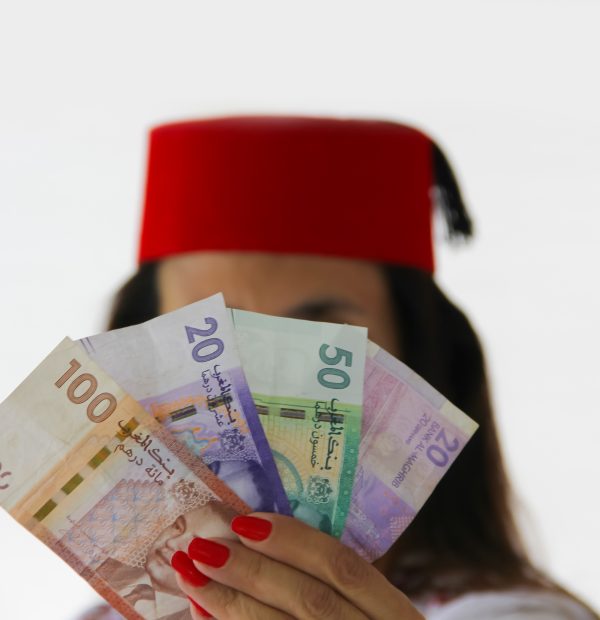
Money in Morocco:1Its Important Information to keep your Money Safe
The Official Currency of Morocco: The Moroccan Dirham(MAD)
Morocco’s money is called the Moroccan Dirham (MAD). If youre planning a visit to Morocco, understanding the basics of the dirham will help you manage your finances efficiently. Below, we cover key details about the currency, including denominations, exchange rates, currency exchange, and practical tips.
Denominations of the Moroccan Dirham
The Moroccan dirham is available in both banknotes and coins, commonly referred to in French as “billets” and “pièces.” The denominations are as follows:
- Banknotes: The most commonly used banknotes are 20, 50, 100, and 200 dirhams. These bills feature distinct colors and designs, making them easy to differentiate.
- Coins: Coins are available in denominations of 1, 2, 5, and 10 dirhams.
It’s useful to carry smaller denominations, especially for taxis, local markets, and tipping, as change for larger bills may not always be readily available.
Exchange Rate of the Moroccan Dirham
The exchange rate of the Moroccan dirham fluctuates based on market conditions. It is not a fully convertible currency, meaning it is primarily used within Morocco and cannot be easily exchanged outside the country. To get the most accurate and up-to-date exchange rates, check with reliable sources such as banks, or currency exchange
Exchange rates may vary slightly depending on where you exchange your money, so it’s advisable to compare different services for the best rates.
Where to Exchange Currency in Morocco
Currency exchange is widely accessible in Morocco. The most common places to exchange money include:
- Banks: Most banks in Morocco offer currency exchange services. While their rates are often competitive, they may charge additional service fees.
- Airports: Exchange offices at airports provide convenience but often have higher exchange rates compared to banks in the city.
- Official Exchange Offices: These are authorised currency exchange providers found in major cities and tourist areas.
- Hotels: Some hotels offer currency exchange, though the rates are typically less favorable than those at banks or official exchange offices.
It is best to avoid exchanging money with unauthorised street vendors, as this can lead to scams or counterfeit currency.
Using ATMs and Credit Cards in Morocco
Morocco has a well-established banking network, and ATMs are widely available in cities and tourist areas. Here’s what you need to know:
- ATMs: Many ATMs accept international debit and credit cards. Visa and Mastercard are the most widely accepted. A limit of 2000 MAD is generally applied
- Credit Cards: While credit cards are accepted in large hotels, restaurants, and shopping centers, many small businesses and rural areas operate on a cash-only basis. It’s always good to carry cash, particularly for smaller transactions.
- ATM Fees: Some banks charge fees for international withdrawals. Check with your bank before traveling to understand any associated costs.
Currency Regulations and Limits
If you’re traveling to Morocco, be aware of the following currency regulations:
- There are no restrictions on bringing foreign currency into the country.
- If you are carrying more than 100,000 dirhams (or its equivalent in foreign currency), you must declare it upon arrival.
- When leaving Morocco, travellers are permitted to take a maximum of 2,000 dirhams out of the country.
These regulations are strictly enforced, so it’s advisable to adhere to them to avoid any issues at customs.
Tips for Currency Exchange and Handling Money
To ensure a smooth financial experience in Morocco, consider these useful tips:
- Keep Small Denominations: Having small bills and coins is helpful for everyday expenses, such as taxis, local markets, and tips.
- Avoid Carrying Large Sums of Cash: Use ATMs to withdraw cash as needed, rather than carrying large amounts, which can be risky.
- Store Your Money Securely: Use a money belt or a secure bag to keep your cash and cards safe while exploring.
Always plan ahead, compare exchange rates, and ensure you have access to the appropriate payment methods for your needs.
Table of Contents
contents
